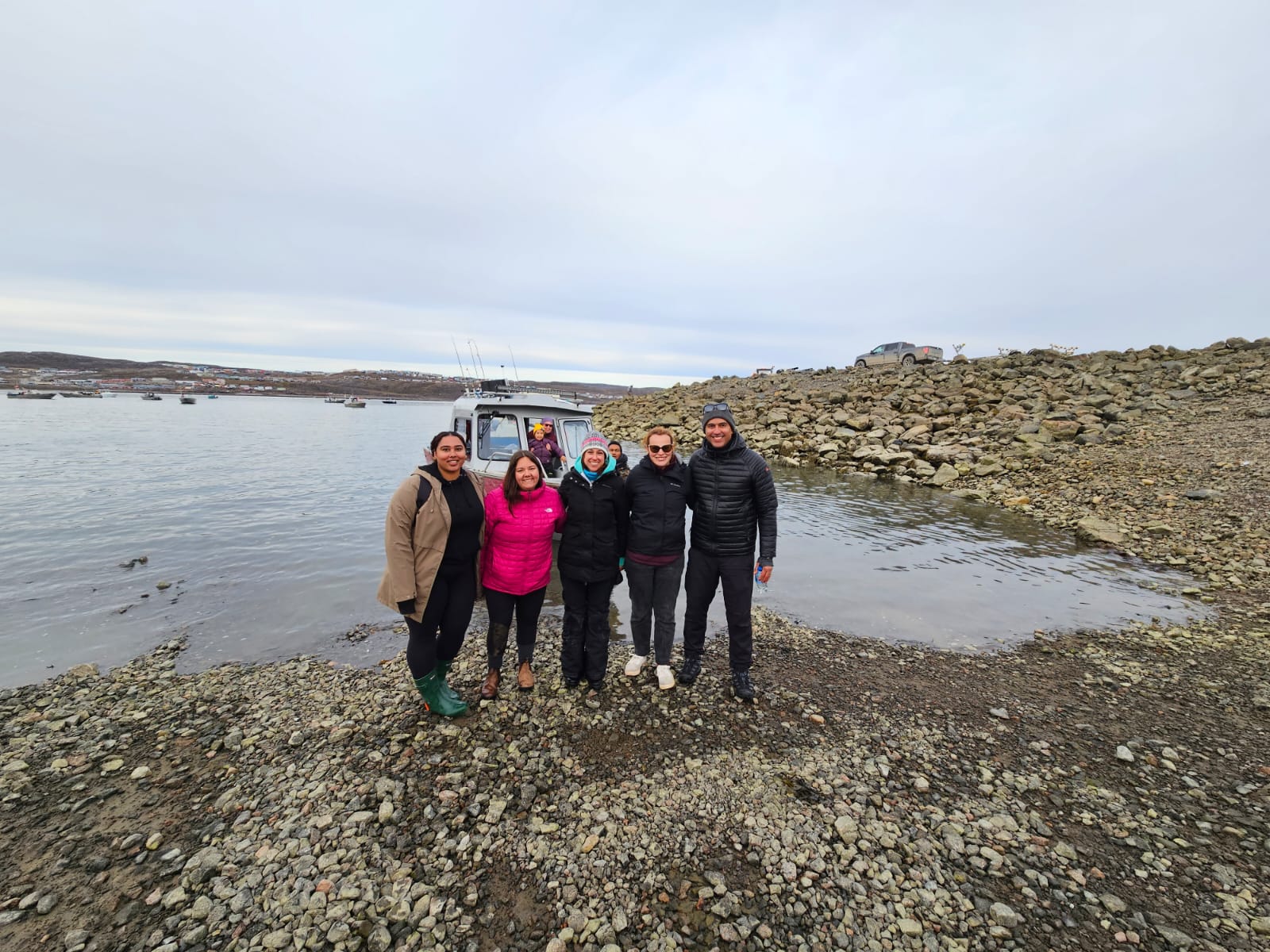Listening and Learning: Cuso’s Journey with Indigenous Communities
News

Cuso International (Cuso) is known for the relational way it engages people in the global south. It seeks to operate the same way closer to home with Indigenous people in Northern Canada. Through projects in the Northwest Territories, Yukon, and Nunavut, Cuso supports community-driven initiatives that support Indigenous youth, reconciliation, gender equality and social inclusion, along with improving economic resilience through sustainable development, advancing climate change, and cultural preservation.
The goal is to foster resilience, inclusivity, and sustainability by centering Cuso’s work in Indigenous knowledge and self-determination. That goal for Indigenous programming is the result of a year of organizational reflection in 2023-24, says Yvette Macabuag, director of program quality and impact.
“We took a step back to ask who we were, what is needed and what we could bring to the north,” she said of the program, which started in 2015.
This reflection was done in partnership with Victoria International Development Education Association (VIDEA), an organization that promotes cultural understanding and awareness.
Together with VIDEA, Cuso embarked on a journey to engage First Nations, Inuit, Métis, rural and urban, communities across Canada with a goal to develop a partnership strategy that incorporated Indigenous voices.
Through the experience, Cuso gained valuable insights that helped shape its work in Northern Canada, Yvette says.
During that time, the whole Cuso staff read and reflected on the 94 calls to action of the Truth and Reconciliation Commission. “We discussed them for two hours every week,” said Eduardo Diazgranados, manager of Cuso’s Indigenous Canada Program. “Everyone in the organization—programs, communications, finance—we all read them together and discussed them.” The result was a new strategy launched in 2024. It involves “not seeking to do our own work, but to be part of the work that is being done in the community already,” Yvette says. This relational approach revolves around listening to what people in those communities say they need, she says. “That’s so important in northern communities. Before they open doors, they need to know if we can be trusted and we need to build trust,” she says.
One way the program supports local initiatives is through microgrants for projects operated by Indigenous youth.
“We support ideas and initiatives from youth that help them understand the realities and challenges of their own communities,” Yvette says. “The microgrants can help them do something that helps build connections to their culture, to their community and to their own identity.”
Reflecting on why its important for Cuso to be in Canada’s north, Eduardo says “it’s important for Cuso to be there because the Truth and Reconciliation Commission made it clear that reconciliation is a shared responsibility, not just for the federal government, but for all Canadians and non-profits as well. Our commitments support community-led development and empower Indigenous youth, which is fundamental to achieving these goals.”